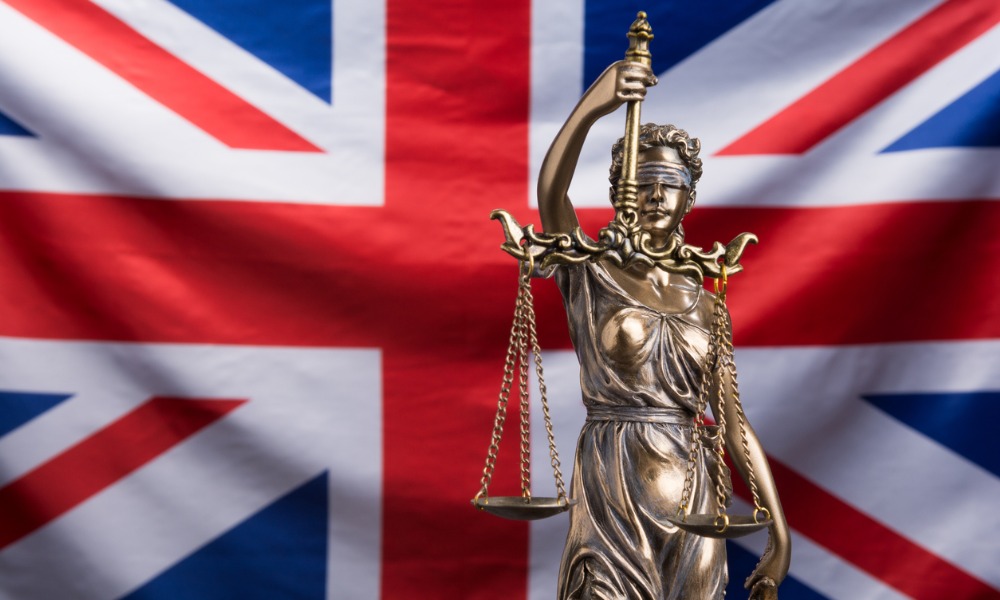
Material non-disclosure and misrepresentation justify discharging freezing order, judge finds

The England and Wales Court of Appeal recently affirmed a decision to overturn a worldwide freezing order granted in favour of a Hong Kong-based company in aid of proceedings in Scotland.
The underlying case involved complex allegations of conspiracy and fraud in connection with a multi-jurisdictional legal dispute.
In October 2023, Justice Nicholas Lavender of the England and Wales High Court of Justice granted the Hong Kong-based claimant a freezing order in a without-notice application under s. 25 of the Civil Jurisdiction and Judgments Act 1982, which allows for interim relief in support of foreign proceedings.
Later, Deputy High Court Judge Simon Tinkler overturned the freezing order against three of the defendants based on misrepresentation and failures in the claimant’s disclosure.
While the claimant had a good arguable case on the merits of its claim, it failed to demonstrate a sufficient risk that the defendants would unjustifiably dissipate their assets, Tinkler found. It would be inexpedient to grant the order, given the lack of any links to England and Wales, Tinkler added.
In MEX Group Worldwide Limited v Stewart Owen Ford & Ors, [2024] EWCA Civ 959, the England and Wales Court of Appeal (Civil Division) upheld Tinkler’s decision to set aside the freezing order on the basis of the claimant’s material non-disclosure and substantial misrepresentation.
The appeal court confirmed that the claimant failed to provide full and accurate disclosure in the ex parte application, particularly concerning adverse findings against it in litigation in the British Virgin Islands, where it was accused of engaging in fraudulent activities.
The claimant also misrepresented the timing and urgency of its application for the freezing order, the appeal court ruled. The claimant possessed key information for over a year before seeking the order and failed to explain this delay, the appeal court added.
The claimant was misleading about the involvement of certain defendants in the proceedings in the British Virgin Islands, the appeal court determined. The appeal court found this omission significant as it affected the assessment of the case.
The appeal court stressed the importance of the claimant making a full and frank disclosure in the without-notice applications so that the judge could rely on the claimant to fairly present the case even in the other parties’ absence.
Lastly, the appeal court rejected the claimant's attempt to introduce new evidence obtained after the initial hearing. While this evidence could potentially impact the merits of the case, it did not alter the fact that the claimant failed to meet its disclosure obligations during the ex parte hearing, the appeal court noted.